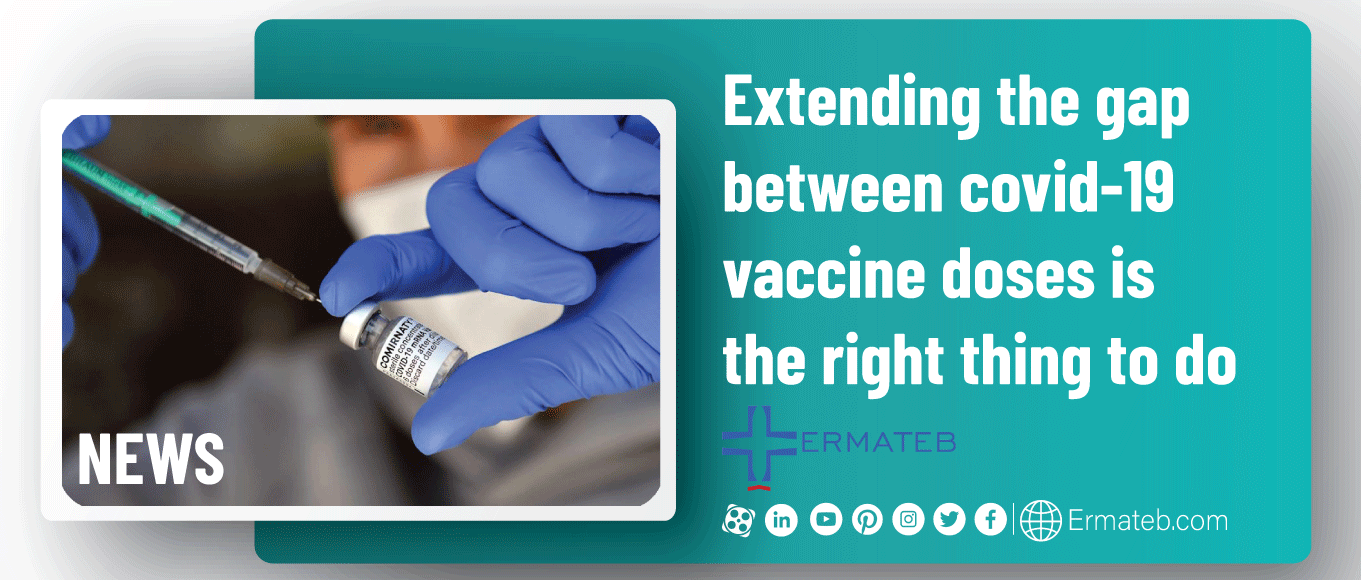
A new study shows that delaying the second dose of the oxford AstraZeneca leads to a higher level of immunity. A gap of up to 45 weeks surprisingly did lead up to a stronger response from the immune system. Early research suggests that the same could also be true for the Pfizer vaccine.
A preprint – a research paper yet to be reviewed by other scientists – suggests that peak antibody levels after two Pfizer doses are 3.5-fold higher with an extended gap, this contributes to longer-lasting protection against the virus.
Countries with bad economics and low incomes such as Bangladesh face a resurgence of COVID-19 cases, while at the same time, their supplies of vaccines remain severely insufficient.
In these countries, poor vaccine supplies have led to longer gaps than recommended between the first and second doses, raising concerns about poor immune responses. This new research shows that a long delay may be beneficial and that’s very encouraging for countries where there may be limited supply in the short term.
This is predictable because the more you give time, your immune system will have a better response to mature and you tend to see better responses from your immune system later on.
But there’s a time limit so you cannot safely sit there for a year without getting infected, but certainly, you are safe for at least 3 months after one dose.

